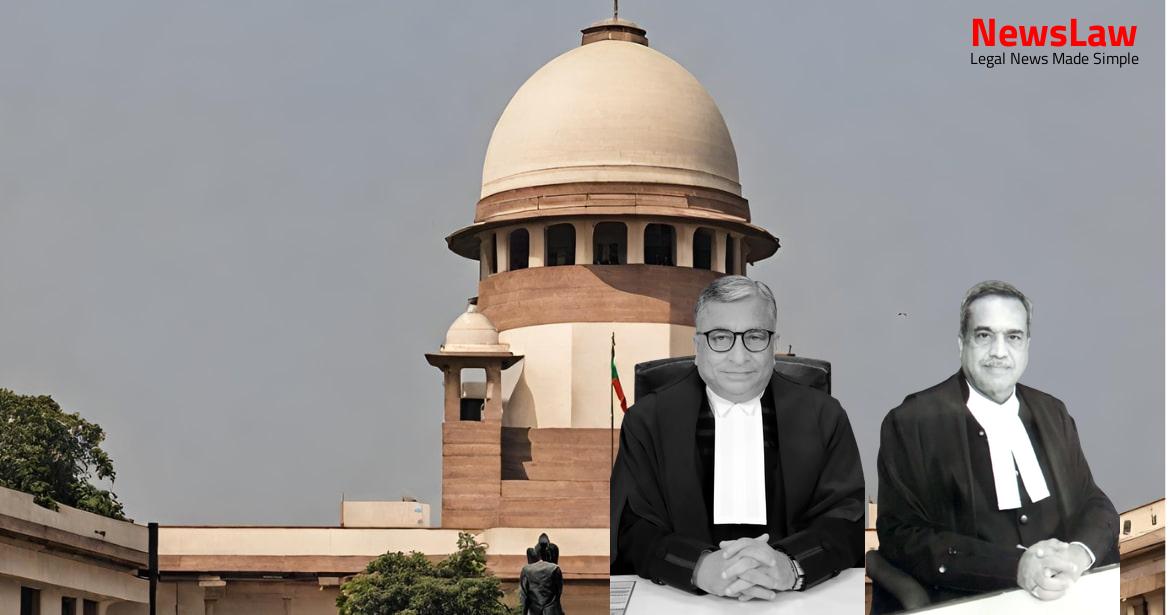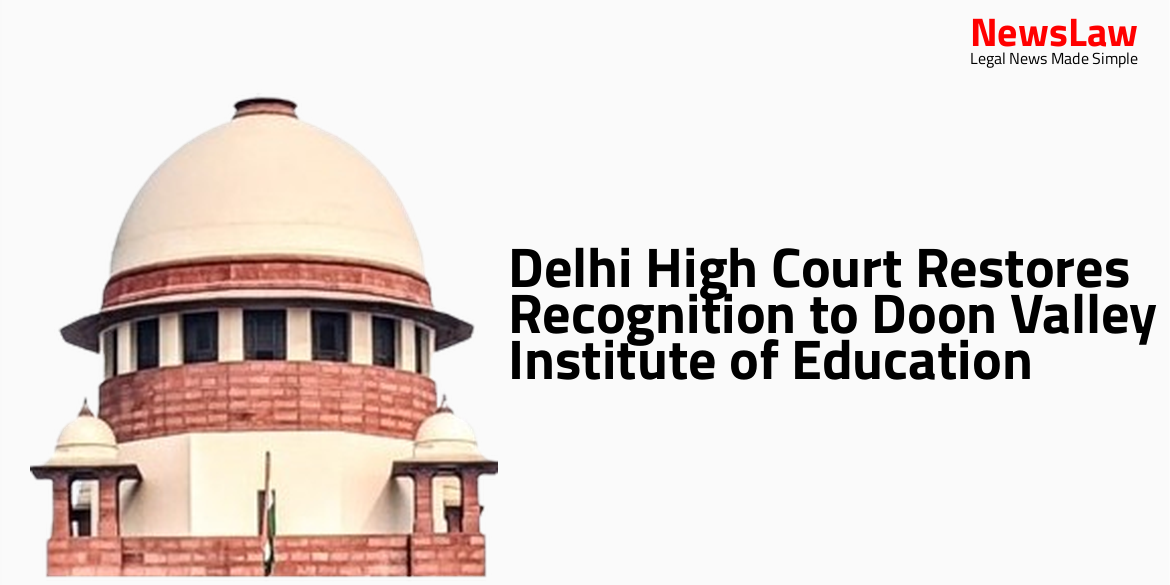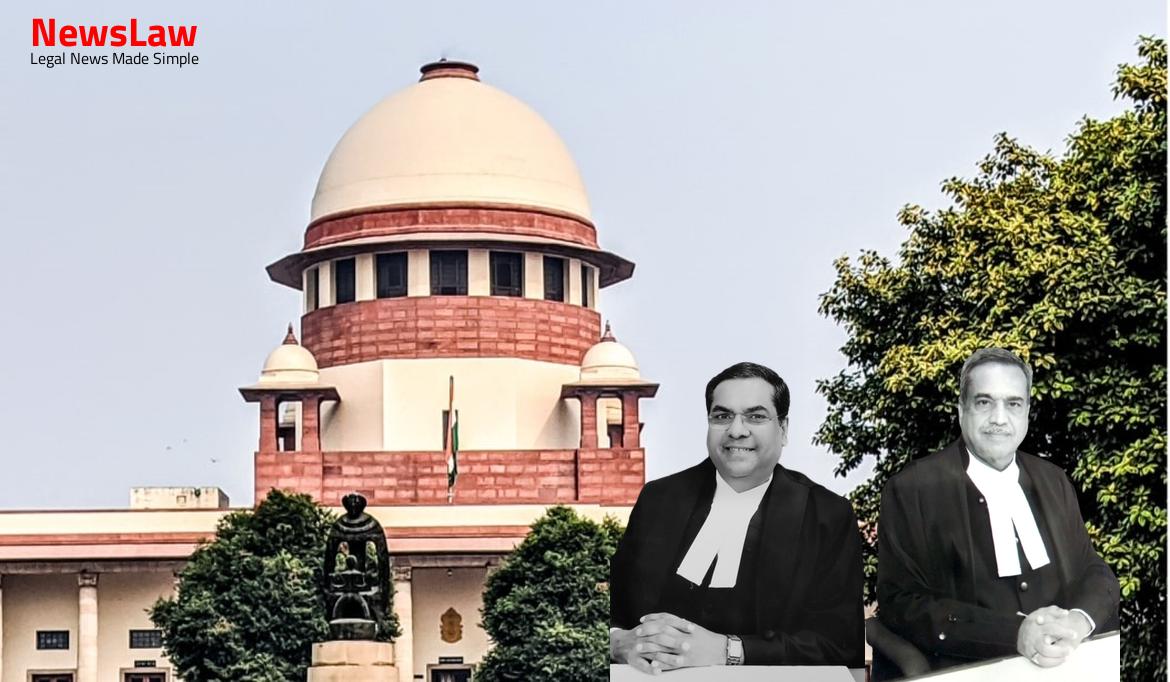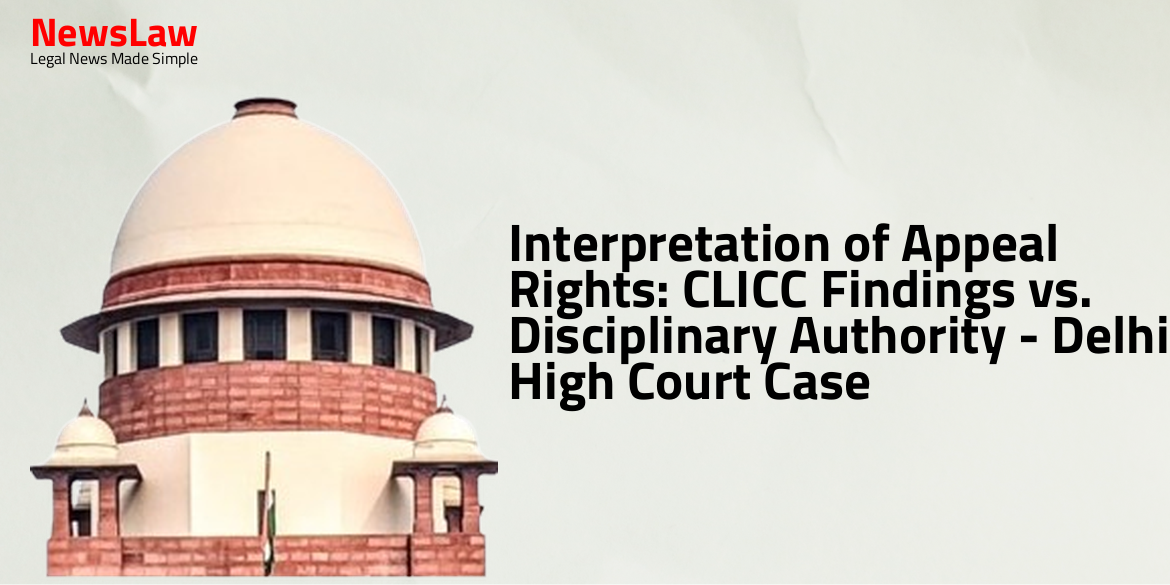The High Court’s decision to uphold the trial Court’s allowance of impleading subsequent purchasers in a civil suit highlights the legal intricacies surrounding Order 1 Rule 10 CPC. The case delves into the balance between preventing litigative multiplicity and respecting the plaintiff’s rights. Understanding the court’s rationale in such matters is crucial for a nuanced comprehension of civil litigation procedures.
Facts
- The High Court dismissed the writ petition filed by the original plaintiffs against the order of the Civil Judge (Sr. Division) Khorda.
- The trial Court allowed the application under Order 1 Rule 10 CPC, filed by original defendant Nos. 1 to 4, directing to implead subsequent purchasers as defendants.
- The reasoning behind allowing the impleadment was that subsequent purchasers are lis pendens purchasers and adding them as parties would prevent multiplicity of litigation.
- The original plaintiffs were aggrieved by the trial Court’s decision and hence filed a writ petition in the High Court.
- The High Court upheld the trial Court’s decision and dismissed the writ petition of the original plaintiffs.
- Original plaintiffs filed a civil suit for declaration, permanent injunction, and recovery of possession.
- Original defendants filed a joint written statement with a counter-claim asserting their right, title, and interest in the suit property.
- Original defendants later filed an application under Order 1 Rule 10 CPC to implead subsequent purchasers as party defendants, alleging illegal alienation of disputed land.
- Plaintiffs opposed this application stating defendants had no locus standi to file it.
- The lower court issued an order on 20.02.2019 regarding this matter.
- This appeal arises from the facts of the original civil suit.
Also Read: Challenging Legal Presumptions in Negotiable Instrument Cases
Arguments
- Learned counsel for the appellants argues that both the trial Court and the High Court erred in allowing the application under Order 1 Rule 10 CPC by the defendants.
- The counsel asserts that plaintiffs are the main parties in the case and no one should be added as defendants against their will.
- Defendant Nos. 1 to 4 argue that part of the suit property was illegally transferred to subsequent purchasers during the suit, necessitating their impleadment to prevent multiple proceedings and secure an effective decree.
- They contend that the decision in Rahul S. Shah v. Jinendra Kumar Gandhi (2021) 6 SCC 418, cited by the High Court, is not applicable to the current case.
- The High Court has not committed any error in dismissing the writ petition.
Also Read: Legal Analysis of Admission Irregularities in Educational Institutions
Analysis
- Impleading other persons as defendants without the plaintiffs’ consent is at the plaintiffs’ risk
- The defendants sought to implead subsequent purchasers through an application under Order 1 Rule 10 CPC
- Impleading of subsequent purchasers as party defendants against the wish of the plaintiffs is not permissible unless directed by the court suo motu for effective decree or proper adjudication
- The suit involves declarations, permanent injunction, and recovery of possession
- Decision of Rahul S. Shah case not applicable to present case of application under Order 1 Rule 10 CPC.
- Defendants filed counter-claim for declaration of their right over the suit property, plaintiffs oppose to implead subsequent purchasers.
- If subsequent purchasers not impleaded as defendants, it will be at plaintiffs’ risk.
- Appeal allowed based on above observations and reasons.
Also Read: Quashing of Enhanced Tuition Fee in Private Medical Colleges
Decision
- The impugned judgment and order passed by the High Court and that of the trial Court allowing application under Order 1 Rule 10 CPC are quashed and set aside.
- The appeal is allowed with the above observations.
- No order as to costs in the present case.
Case Title: SUDHAMAYEE PATTNAIK Vs. BIBHU PRASAD SAHOO (2022 INSC 971)
Case Number: C.A. No.-006370-006370 / 2022



